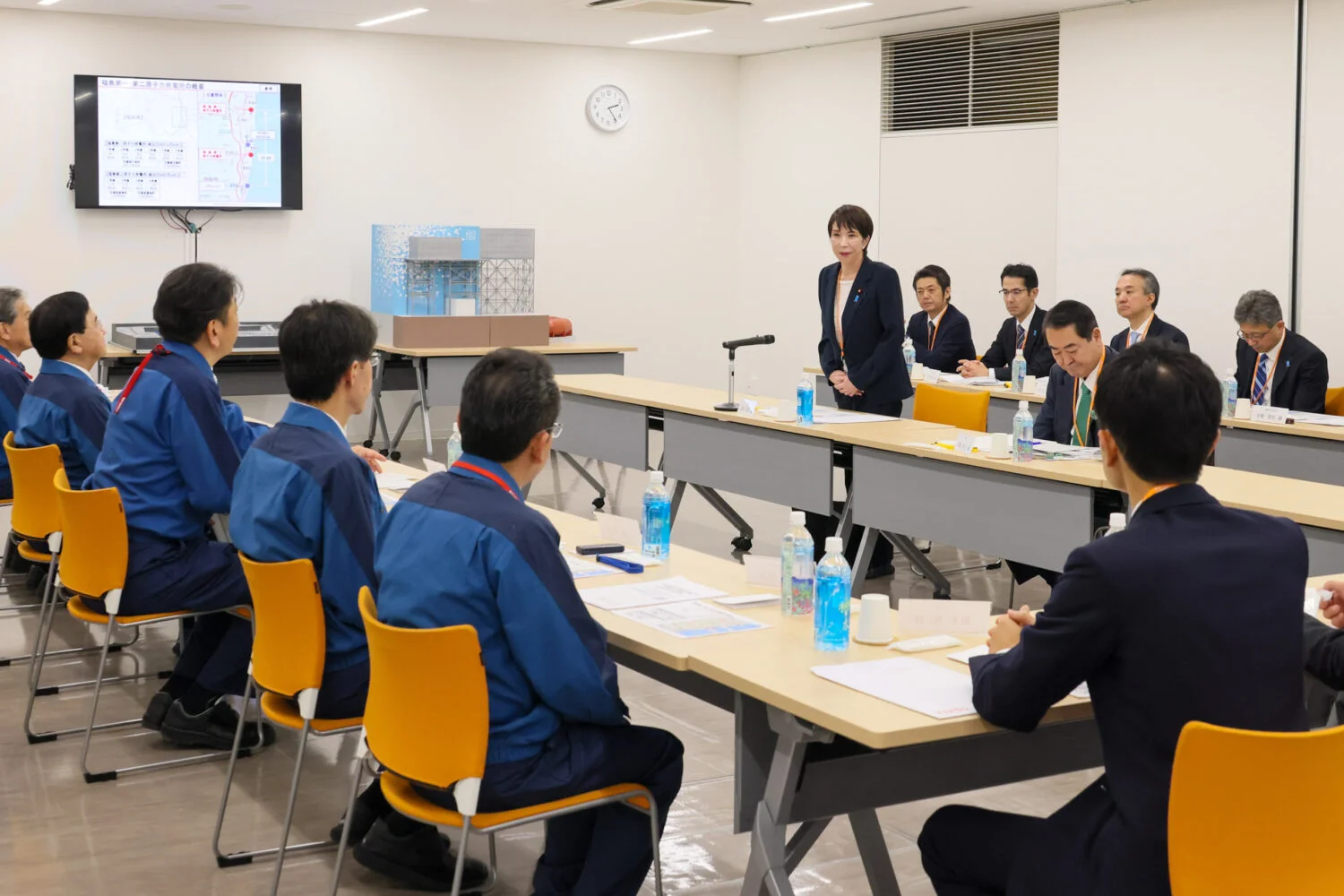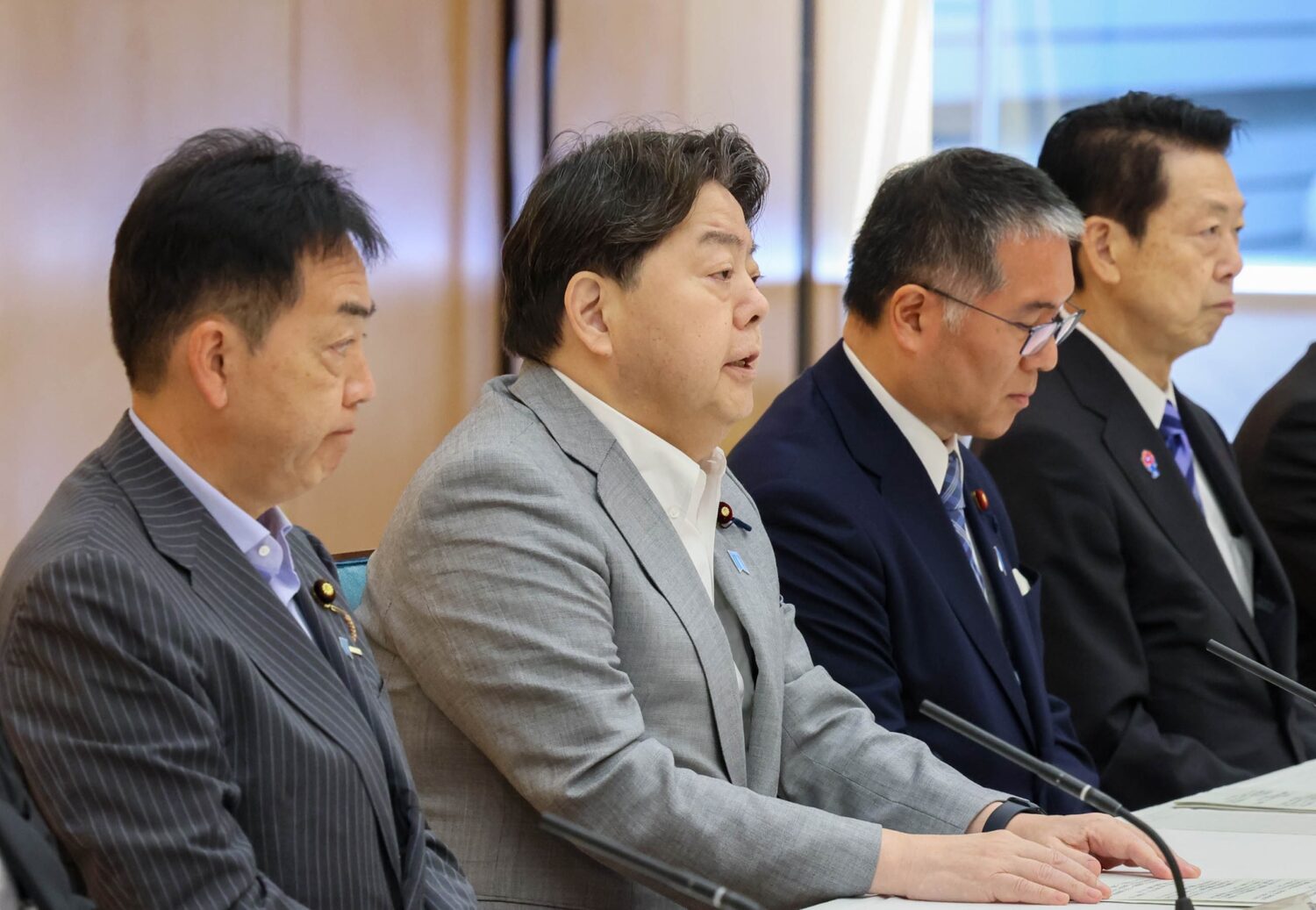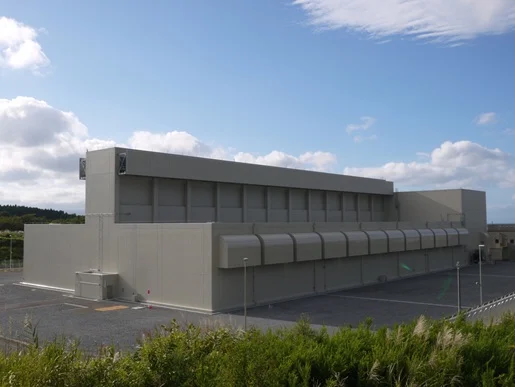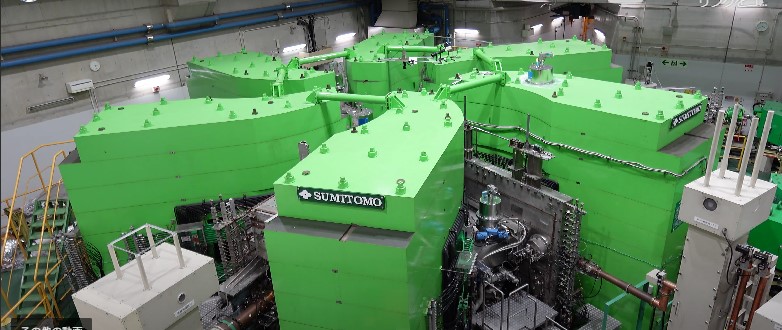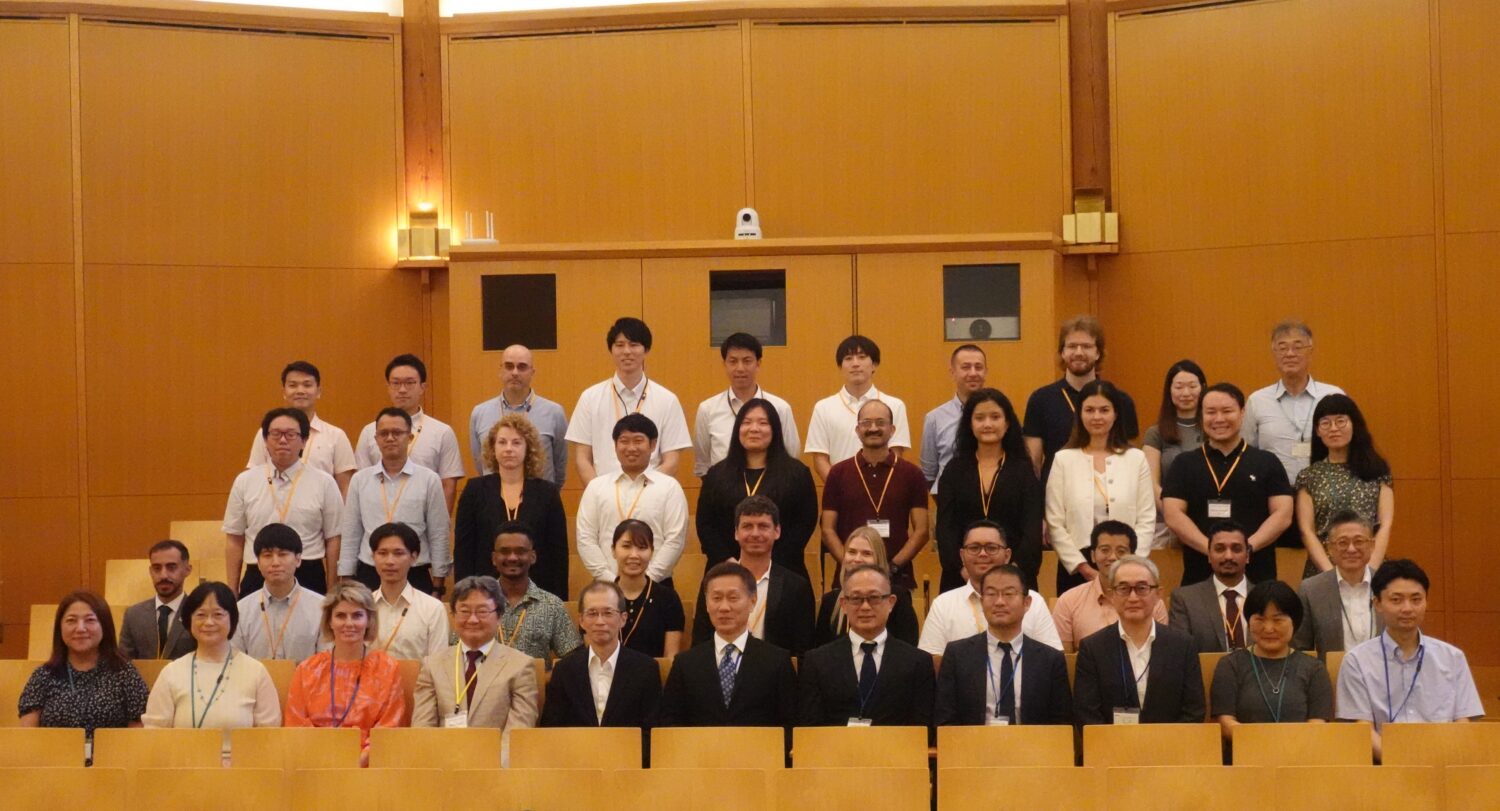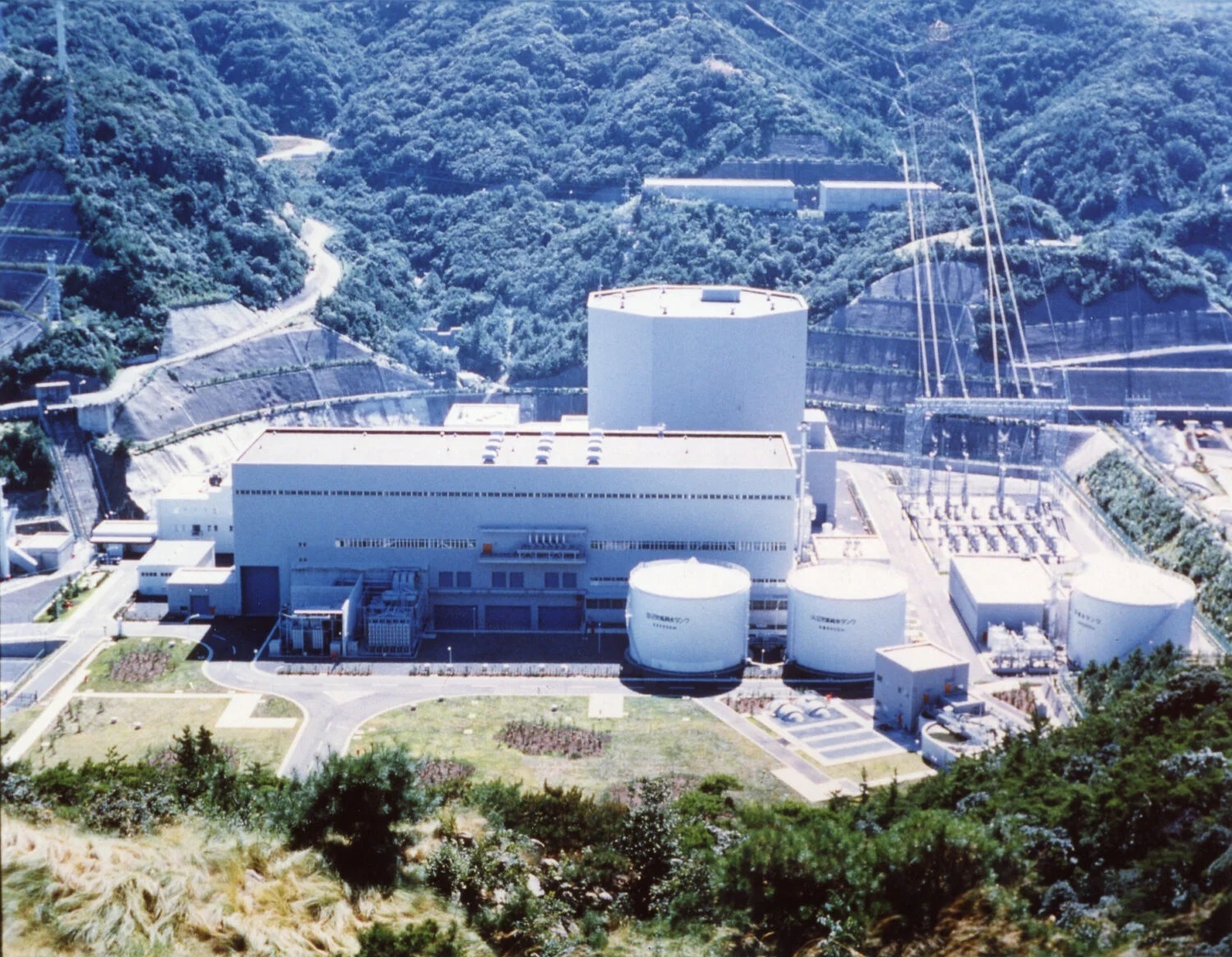Their advice was divided into seven subject areas: the decommissioning of the Fukushima Daiichi Nuclear Power Station (NPS), the restart of Japan’s reactors, organizational Issues, human resources, the safety-security interface, seismic and tsunami risk, and radiation doses for workers.
As for decommissioning at Fukushima Daiichi, the two advisors praised the effort in general, commenting that they were “very impressed with the very significant progress that has been made at the site since our visit two years ago.” They went on to say, “The successful removal of the used fuel from Unit 4 was a major accomplishment, and significant progress has been made in stabilizing the site.”
However, the advisors described their view that the management of contaminated water was “still a serious issue,” adding that “water that meets release criteria should be released instead of continuing to be accumulated at the site.”
Moreover, recognizing that the NRA has been engaged in examinations for restarting the country’s NPPs making “a careful and thorough effort to assure adequate safety,” they also said that nuclear operators are likely to face various issues — given the prolonged period of operational suspension — including the need to retrain reactor operators, and reduced reactor output because of repairs and other matters.
Speaking about the NRA’s organizational positioning and human resources, the advisers said that sufficient consideration should be given to possible confusion stemming from a transfer of jurisdiction to the Cabinet Office — a change that could occur after a mandatory review at the three-year point, provided for in the act that established the NRA. They also emphasized the importance of maintaining independence.
In terms of improving incentives to enable the NRA to hire highly qualified staff, they noted that a “no-return” rule is an impediment.


